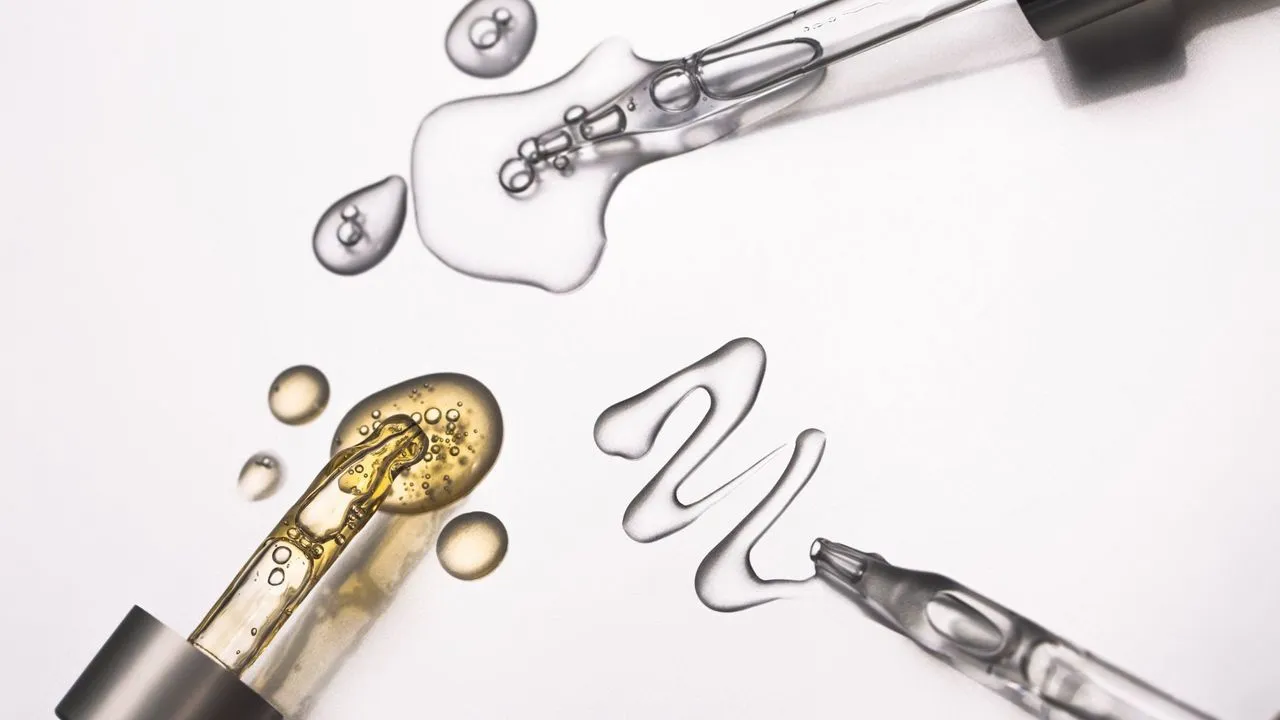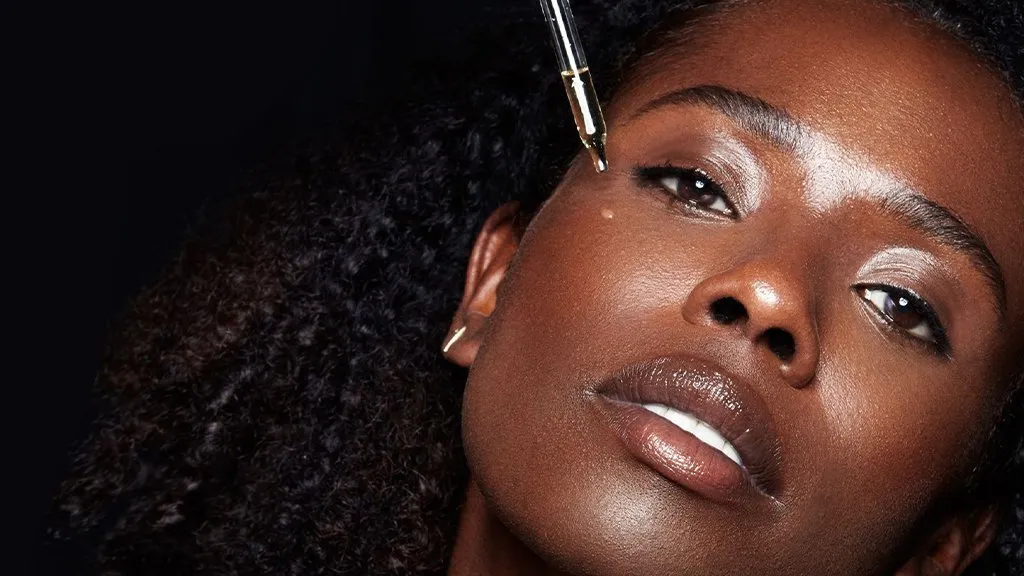Does retinol and vitamin C have to be enemies? Like, can you use vitamin C and retinol together? Well, this may be a yes or no, but timing is everything! Let’s break down this power couple without the drama.

Getting dow to, can you use vitamin c and retinol together? Well, it is important to understand that skincare can feel like a chemistry experiment, especially when you’re trying to figure out which ingredients play nice together.
Two of the most popular skincare ingredients are vitamin C and retinol—but can they be used together? Or will they clash like oil and water? Let’s dive into the details and clear up the confusion.
What’s the Deal with Vitamin C and Retinol?
First, vitamin C, being an antioxidant, is a skincare hero that lightens your skin, eliminates dark spots, and stimulates collagen production. It also shields your skin from damage caused by the environment, such as pollution and UV rays.
While retinol, being a derivative of vitamin A, has anti-aging strength. It boosts cell turnover, reduces wrinkles, and smoothes the skin. It’s a favorite among those who desire to turn back their clock.
Both vitamin C and retinol work well on their own, but can they be used together? The answer is yes—but with some limitations.
Can You Use Vitamin C and Retinol Together?

The short answer is yes, you can use vitamin C and retinol together safely, but with timing and technique. Here’s why:
1. Different pH Levels
Vitamin C has best performance at a low pH (around 3.5), while retinol likes a slightly higher pH (around 5-6). Applying them at the same time may reduce their effectiveness.
2. Risk of Irritation
Both retinol and vitamin C can cause irritation, especially on sensitive skin. Using both increases the possibility of redness, dryness, or irritation.
3. Stability Problems
Retinol may be destabilized by some ingredients, and vitamin C is sensitive to light and air. Under proper use, however, they are a fantastic combination.
How to Combine Vitamin C and Retinol
If you want to use both vitamin C and retinol, here’s how you can without having a skincare crisis:
1. Alternate Days
One of the easiest methods to use both products is to alternate between them. For example, use vitamin C in the morning and retinol at night. This gives your skin a break and reduces the likelihood of irritation.
2. Layer with Care
To use them both within the same regimen, apply the vitamin C first. Let it penetrate for approximately 10–15 minutes before applying retinol. This gives your skin time to adapt and minimizes the risk of pH imbalance.
3. Start Slow
If you’re new to either ingredient, introduce them one at a time. Start with vitamin C a few times a week, and once your skin is used to it, add retinol. This helps your skin build tolerance and reduces the risk of irritation.
4. Listen to Your Skin
Each person’s skin is unique, so listen to how your skin responds. If you see redness, dryness, or irritation, reduce the frequency and let your skin rest. You can always repeat later or keep to alternating days.
Are there Tips for Success?

Following are some extra tips to ensure you benefit most from using vitamin C and retinol together:
1. Moisturize
Both retinol and vitamin C are drying agents, so don’t forget to apply a good moisturizer afterwards to avoid dryness.
2. Use Sunscreen
Retinol also tends to make your skin sun-sensitive, so don’t forget to apply sunscreen in the morning. Vitamin C also enhances your skin’s defense against UV, so sunscreen is even more important.
3. Choose the Right Products
Use stable forms of vitamin C, e.g., L-ascorbic acid, and good retinol products. Avoid products with contradictory ingredients, e.g., rough exfoliants, which can increase the risk of irritation.
4. Patch Test
Prior to using any new product, perform a patch test to confirm your skin does not respond adversely. Apply a small quantity to an unseen area (e.g., behind your ear) and wait 24 hours to see how your skin reacts.
What are the Potential Benefits of Combining Vitamin C and Retinol?

When used correctly, vitamin C and retinol offer a range of benefits:
1. Anti-Aging
Retinol reduces wrinkles and fine lines, and vitamin C stimulates collagen production and brightens your skin. Together, they can make you look younger.
2. Brightening
Vitamin C brightens dark spots and evenings out your complexion, and retinol speeds up cell turnover. Together, they can give you a bright, radiant complexion.
3. Protection
Vitamin C protects your skin from environmental damage, and retinol rejuvenates and restores your skin. They collectively provide a holistic skincare plan.
What are the Side Effects?
While vitamin C and retinol are generally safe, there are a few potential side effects to be aware of:
1. Irritation
Both products can cause redness, dryness, or irritation, especially if you are sensitive. Use lower strengths to start with and gradually increase the strength as your skin develops tolerance.
2. Sensitivity
Retinol sensitizes the skin to the sun, and hence, use sunscreen daily. Vitamin C also sensitizes people to the sun in some cases.
3. Over-Exfoliation
Using too many active ingredients at once may cause over-exfoliation, which can damage your skin barrier. Be cautious and don’t do too much.
Last Lines
So, is it okay to mix vitamin C and retinol? Yes, but technique and timing matter. By alternating days, layering, and listening to your skin, you can have the best of both worlds without the drama.
With the right strategy, vitamin C and retinol can be the unstoppable duo in your skincare routine. So go ahead and give it a try, your skin will love you!
Vitamin C and retinol are the skincare dynamic duo that they are—finer together at keeping your skin youthful and radiant. So pair them up, follow the rules, and shine on!
